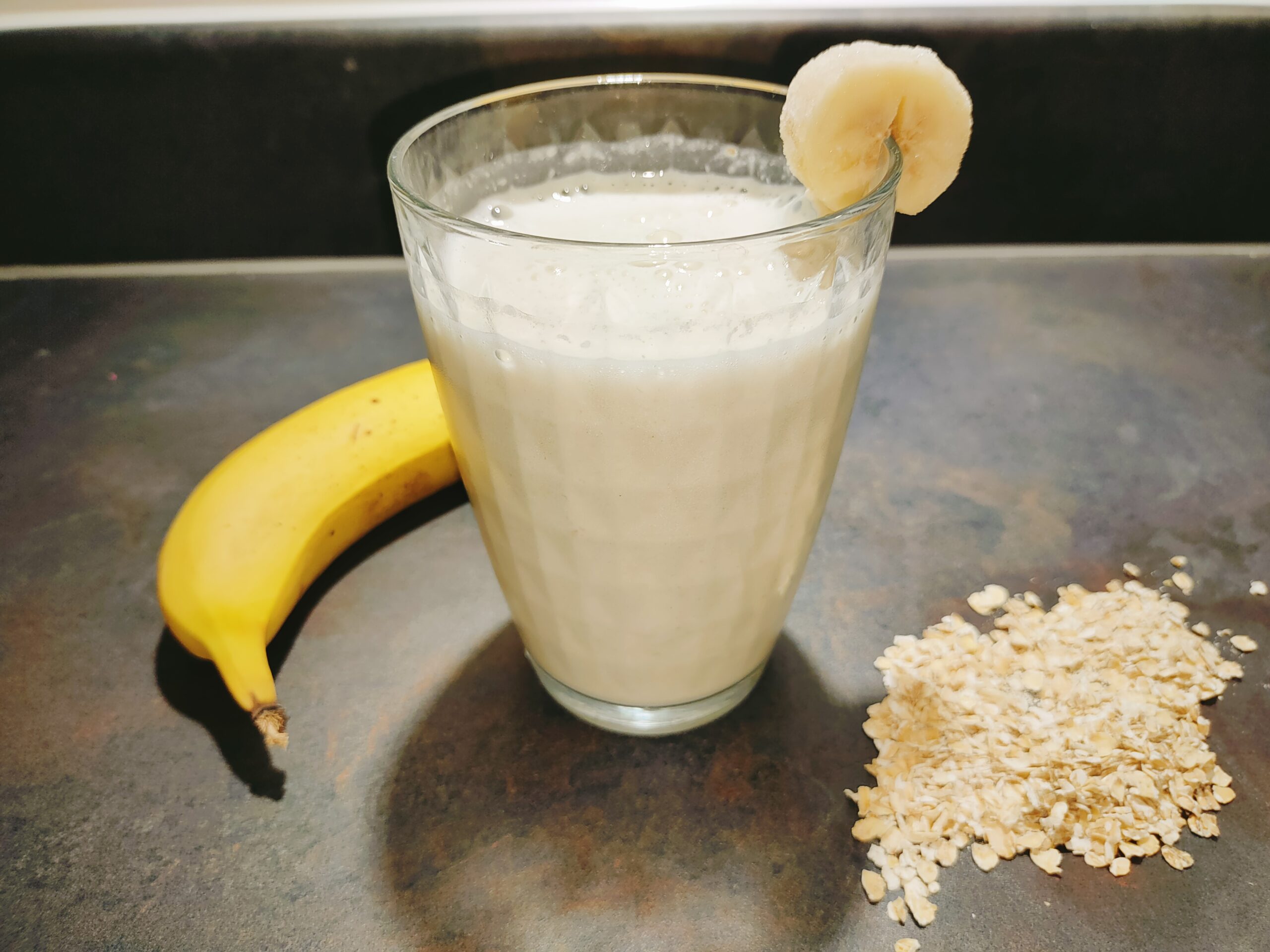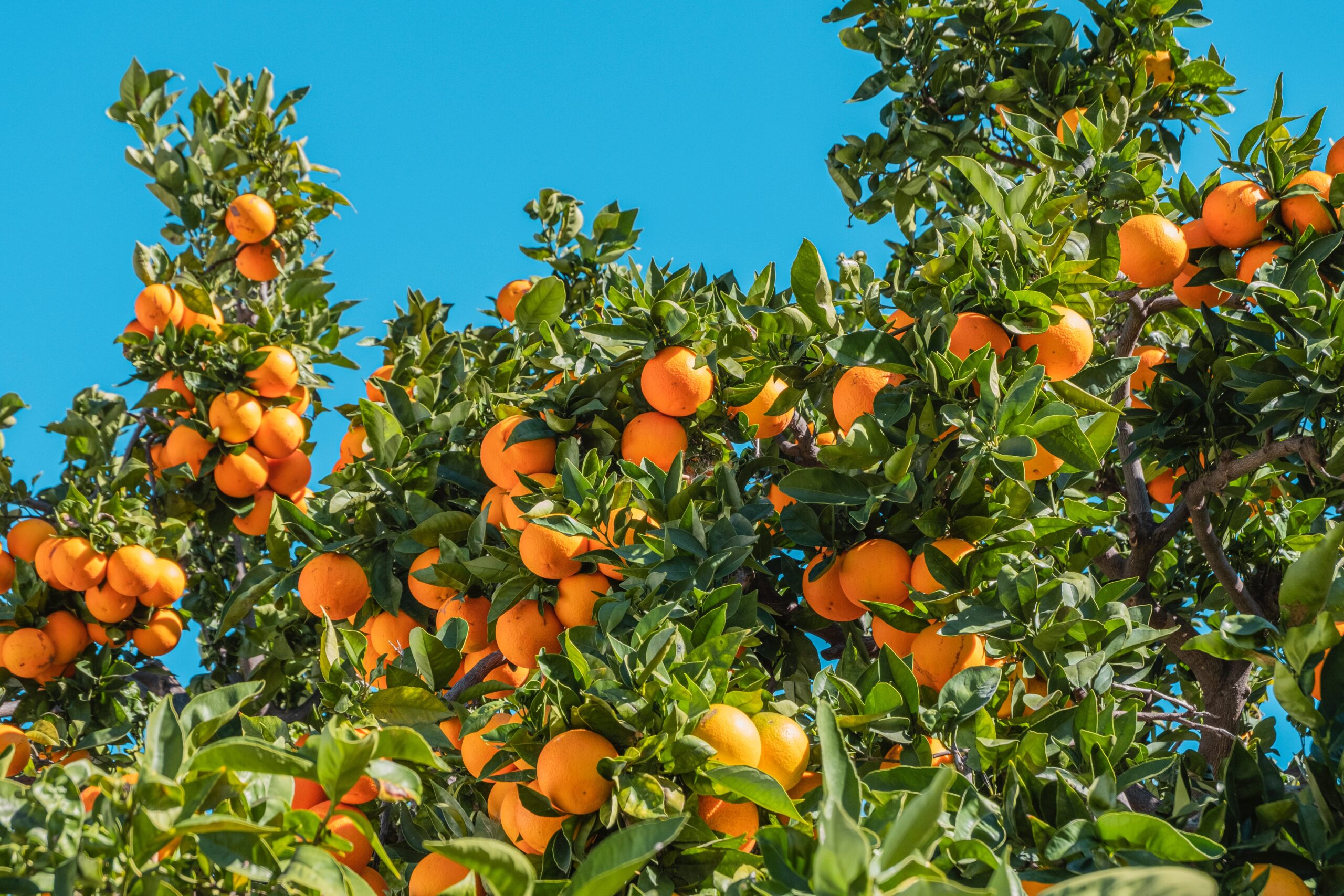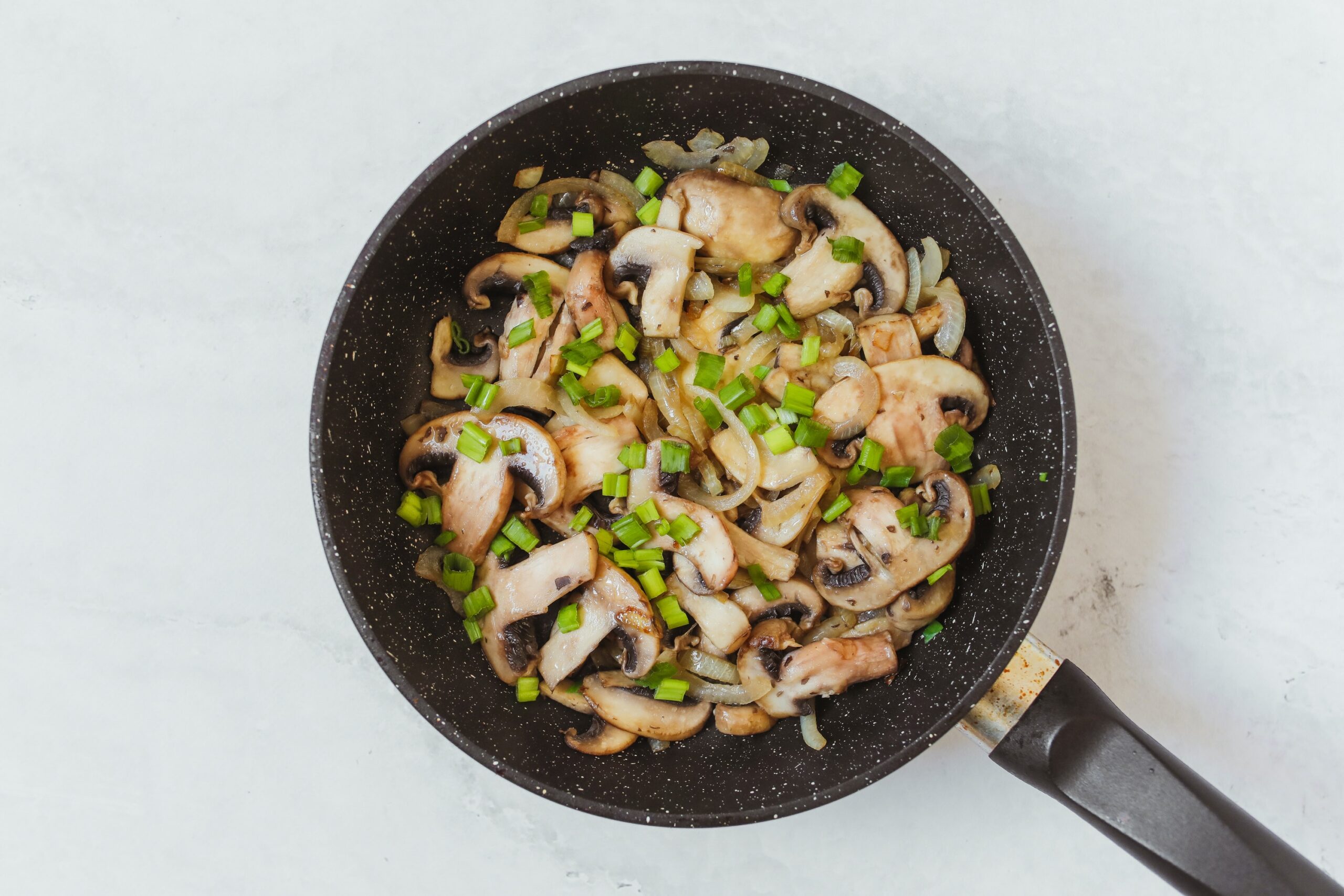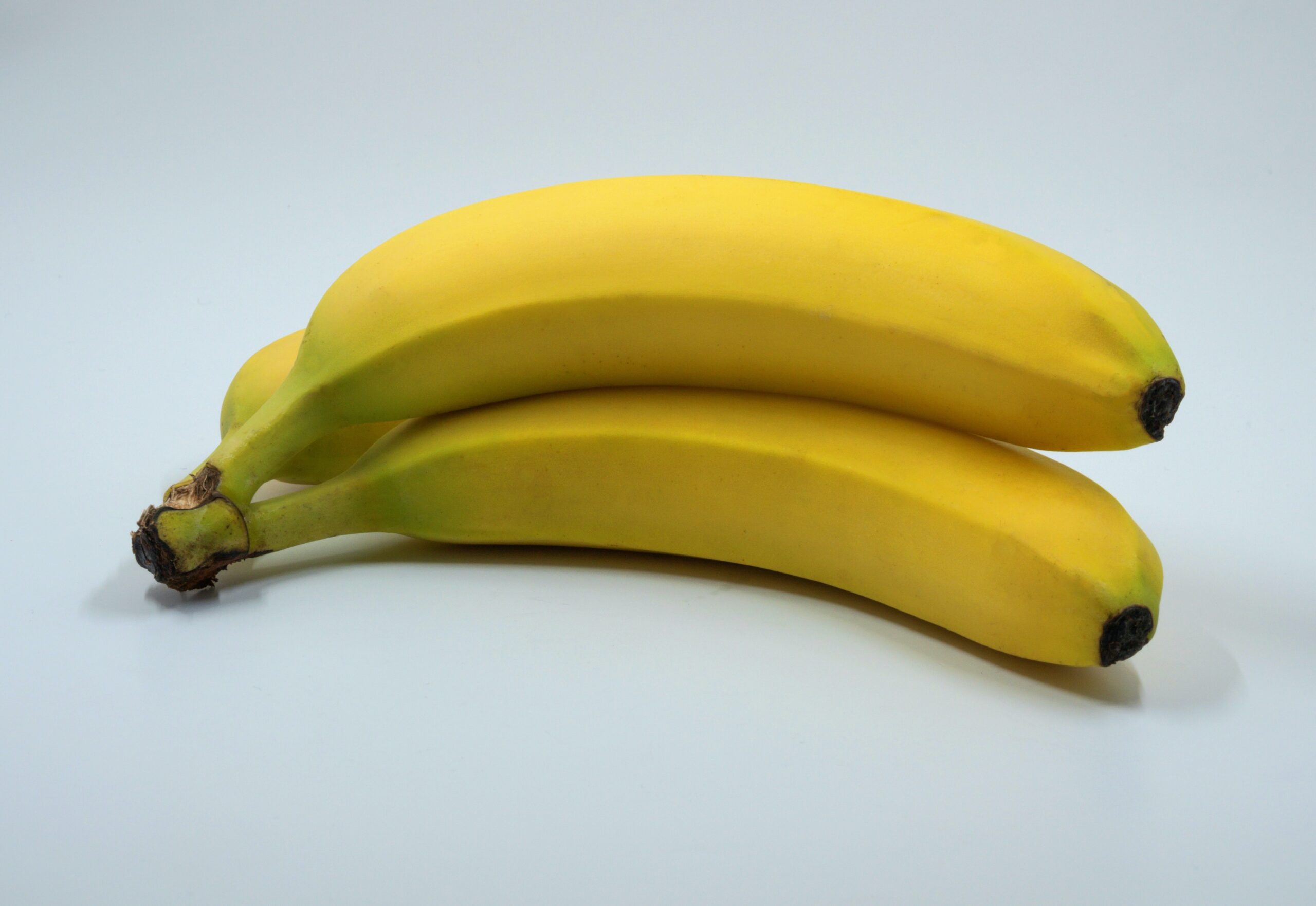
Are you wondering how many calories are in a banana? While bananas may have more calories than some other fruits, there are plenty of good reasons to make them a regular part of your diet. Bananas are one of the most versatile fruits out there – you can blend them into a tasty breakfast smoothie, dehydrate them for a healthy snack, or use them as a substitute for fat in baking. Plus, they’re loaded with essential nutrients like fiber, potassium, and even a bit of protein.
Bananas aren’t just a tasty snack – they’re also packed with essential vitamins and minerals that your body needs to stay healthy. One of the key nutrients found in bananas is potassium, which helps regulate your blood pressure and keep your heart healthy. But that’s not all – bananas also contain plenty of other beneficial vitamins and minerals, making them a great addition to any diet.
Did you know that the nutritional content of a banana changes as it ripens? As the banana becomes riper, the sugar content increases, which can make it a great choice for a quick burst of energy. On the other hand, green bananas contain more resistant starch, which can help you feel full and satisfied for longer. So whether you prefer your bananas slightly underripe or perfectly ripe, you’re sure to get plenty of nutritional benefits either way.
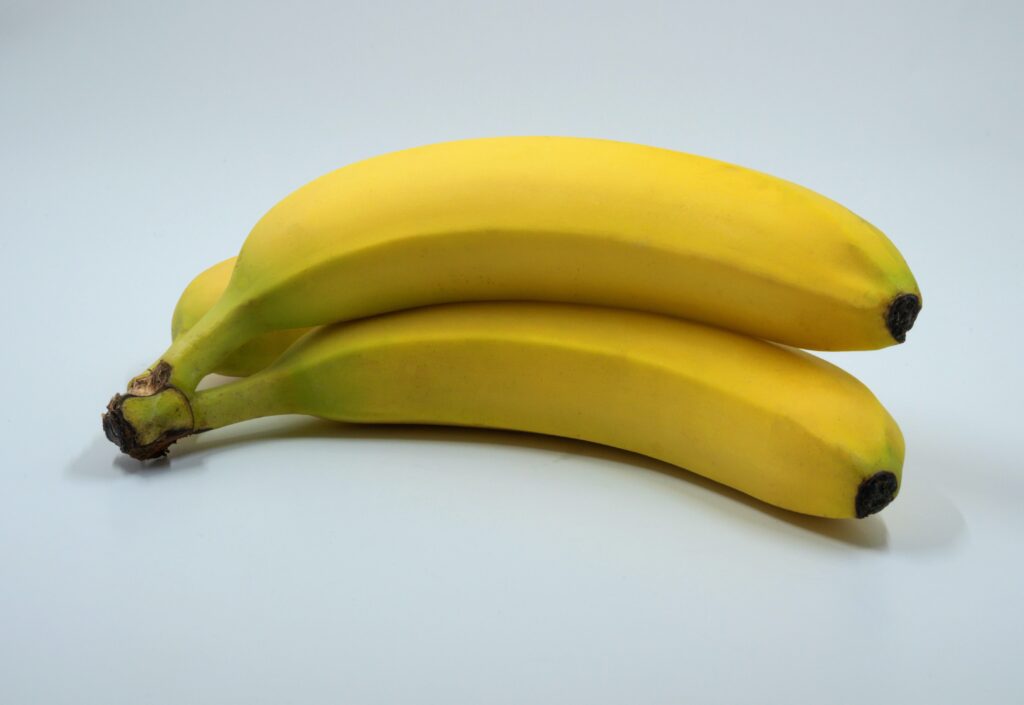
How many calories in a banana?
Bananas come in all shapes and sizes, and the number of calories they contain can vary depending on their size. If you’re looking to keep track of your calorie intake, it’s important to know how many calories are in the bananas you’re eating. For example, a small banana that measures around 6 inches or 15cm and weighs about 100 grams contains approximately 90 calories. On the other hand, a large banana that measures around 8 inches or 20cm and weighs about 135 grams contains approximately 120 calories.
So how many calories are in your favorite size of banana? With a quick bit of math, you can figure it out! For every 2 inches of banana (5cm) that you eat, you’re consuming about 30 calories. This means that a medium-sized banana that measures around 7 inches or 18cm and weighs about 118 grams contains approximately 105 calories – a perfect snack for when you’re feeling hungry but don’t want to consume too many calories.
Remember, bananas are not only low in calories, but they’re also loaded with essential nutrients like fiber, potassium, and vitamins. So whether you prefer your bananas small, large, or somewhere in between, they’re a delicious and nutritious choice that you can feel good about eating.
Nutrition in a banana
Bananas are a fantastic source of several key vitamins and minerals. For example, did you know that a single medium-sized banana contains:
- 20% of your recommended daily intake (RDI) of Vitamin B6
- 17% RDI of Vitamin C
- 9% RDI of potassium
- 8% RDI of magnesium
That’s a lot of nutritional goodness packed into one convenient package! Vitamin B6 is important for maintaining healthy brain function and supporting your immune system, while Vitamin C is a powerful antioxidant that can help protect your body against harmful free radicals. Potassium is essential for regulating your blood pressure and keeping your heart healthy, while magnesium helps keep your bones strong and healthy.
Will bananas help me lose weight?
Bananas are a nutritional powerhouse that offer a range of benefits for anyone looking to stay healthy and energized. Despite their sweet taste, bananas are actually very low in fat and calories, making them an excellent choice for anyone looking to maintain a healthy weight. In fact, a small banana contains just 90 calories and only a trace amount of fat, making it a great option for anyone looking to reduce their calorie intake.
But that’s not all – bananas are also packed with essential nutrients that your body needs to function at its best. For example, a small banana contains:
- 23g of carbohydrates, including 2.6g of fiber and 12g of sugar
- 1.1g of protein
- A range of essential vitamins and minerals, including Vitamin B6, Vitamin C, potassium, and magnesium
The more ripe a banana is, the more sugar it will contain, so if you’re looking to reduce your sugar intake, make sure you eat them while they are still slightly green.
In addition to their nutritional content, bananas are also a great source of energy, making them an ideal food for anyone looking to fuel their exercise routine. Try eating a banana 2-3 hours before your workout to give your body the energy it needs to perform at its best. So why not add some bananas to your diet today? They’re a delicious and nutritious way to stay healthy and energized.
**As an Amazon Associate I earn from qualifying purchases that are displayed on this site.**
Will bananas help me gain weight?
If you’re looking to gain weight in a healthy way, bananas can be an excellent choice of fruit to add to your diet. While they’re not necessarily fattening, they are more energy-dense than many other fruits, meaning they contain more calories per serving. This can be helpful if you’re trying to increase your calorie intake in order to gain weight.
Of course, bananas aren’t the only food that can help you gain weight in a healthy way. Avocados, for example, are another excellent choice for anyone looking to add more healthy calories to their diet. Like bananas, avocados are rich in essential nutrients and healthy fats, making them an ideal choice for anyone looking to gain weight while still maintaining a balanced and nutritious diet.
So if you’re looking to put on weight in a healthy way, consider adding bananas and avocados to your diet. With their rich nutritional content and delicious taste, they’re sure to become a regular part of your healthy eating routine.
Do bananas make you gain belly fat?
The human body accumulates fat when it is in a state of calorie surplus. Many people gain body fat because they eat more energy than they burn. Body fat is stored in different parts of the body and this is determined by hormones and genetics. We are all different, and our body shapes vary.
Unfortunately, we cannot control where we gain weight, but we can manage our weight so that we remain healthy.
Bananas do not directly cause belly fat. Bananas are a healthy fruit, and they can help you lose or maintain a healthy weight as part of a balanced diet. If you overeat bananas and create a calorie surplus, then you will gain weight over time.
Which is healthier, a banana or an apple?
To give you an idea of the difference in calorie content, 100g of apple contains approximately 52kcal. 100g of orange contains approximately 47kcal and 100g banana contains approximately 89kcal. The banana is more calorie dense, however, in terms of choosing which is healthier, all fruits contain valuable nutrients.
A good healthy eating plan contains a variety of fruit and vegetables so that we can eat a range of vitamins and minerals that are beneficial to our health.
Weight loss tip
Try freezing a banana (take the skin off first) as a cooling sweet treat. Eat it outright, or blend it with some low-fat Greek yogurt for an ice-cream-style treat!

